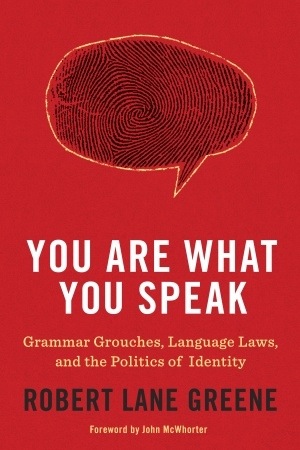I read this piece aloud to one of my G11 classes this afternoon.
We all sat in a sort of oval on the floor and I read it from start to finish. The students had only one direction: Mark anything you have a question about.
In case you didn’t click the link, some things you should know: the article was about Tolstoy, Dostoevsky, Russian literature, Russia’s role in the Russo-Turkish War and Tolstoy and Dostoevsky’s disagreement over whether or not Russia should have stepped in. Oh, also, it is about Libya and the possible negative economic consequences of American participation in the military humanitarian aid mission in Libya.
A little light reading.
My interest in examining the article wasn’t that my students have a deep understanding of the Russo-Turkish War, nor was I particularly worried they did or did not see its relevance to contemporary history.
I wanted my students to see the text because it was dense and difficult. In two sentences, we saw three words that had appeared on our vocabulary quizzes during the year.
In a moment of frustration, one student commented she thought the article was “the stupidest thing ever.”
I replied she should research Crystal Clear Pepsi before she made that statement, and asked her why she thought what she thought.
“He just writes it so it’s too hard and boring to understand.”
James Warner does some interesting and slippery things in his writing of the piece. These are techniques of linguistic subterfuge that disguise some of his deeper points and play off of the psychology of his readers.
In a text inspired by and commenting on US intervention in Libya, Warner mentions the country only once and never brings up President Obama. Warner does reference the Iraq War twice and directly refers to President Bush once.
“What kind of connections is he drawing by bringing up Libya, Iraq and President Bush, but leaving out President Obama?” I asked.
A few students’ faces flashed with the “hmmmmmm” moment.
I asked how many students had seen any James Bond movies. Several hands went up. “Where are Bond villains often from?” I asked.
“Russia!” they answered.
“So what’s the implication of saying the United States is acting like Russia?”
More “hmmmmmm” moments.
They might not know about the Cold War, but 007 has taught them Russia’s not to be trusted.
For those of my students who struggle the most with reading, my job is to help them read the lines on the page and to find more pages with more lines they might be interested in reading when they believe the world doesn’t have any of those.
For all of my students, my job is to help them detect semantic snake oil salesmen and read between the lines on the page. They are growing up in a world of The Magic Bullet, FOX News, challenges to collective bargaining, and Michael Moore. They need to read smarter.
One student commented the article sounded intelligent because of all the expensive vocabulary.
Exactly.
I want to help each of them build the linguistic haggling skills to determine if the price of understanding is equal to the value of what is being said.
Each time they step up to a piece of writing unprepared to read it, they’re left out of the democratic process a little more.
Like this:
Like Loading...
